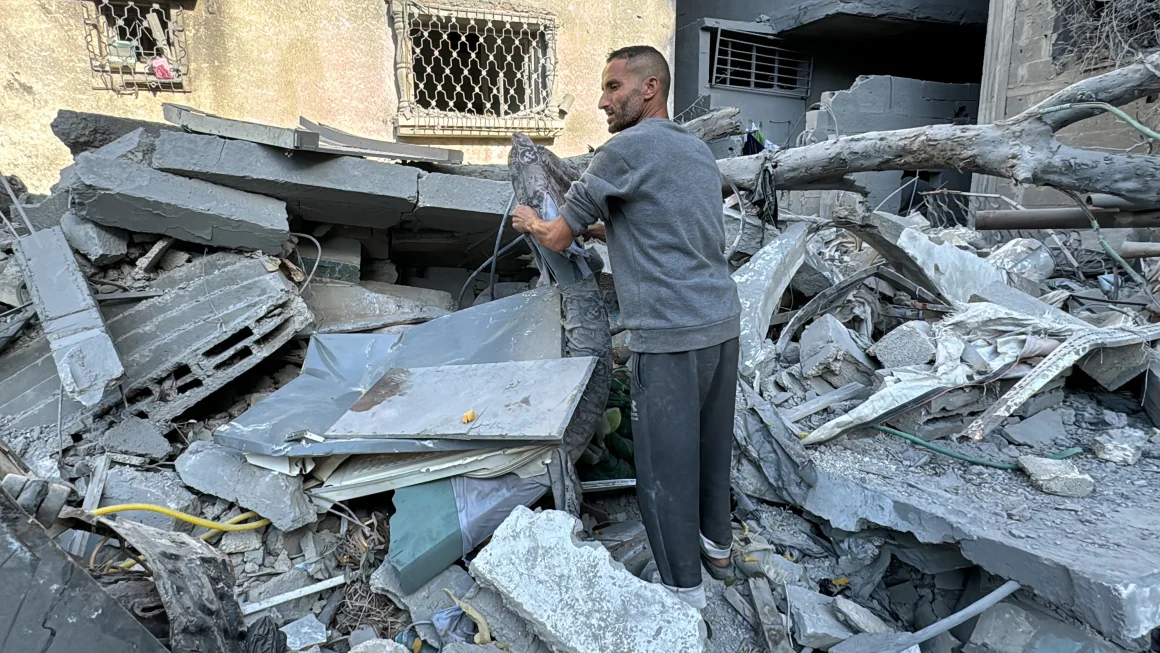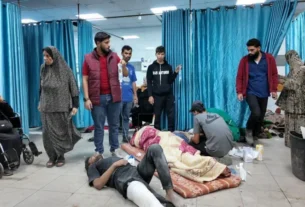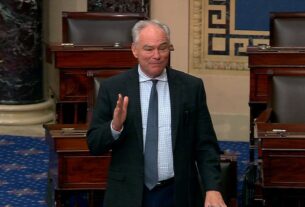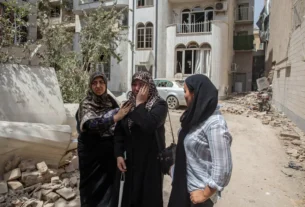Israeli Cabinet Sanctions Haaretz Over Coverage and Publisher’s Comments
Israel’s cabinet has unanimously approved sanctions against its oldest newspaper, Haaretz, following its critical reporting on the ongoing war and controversial remarks made by its publisher, Amos Schocken. The move, spearheaded by Communications Minister Shlomo Kar’i, includes halting government advertising in the publication and canceling subscriptions for state employees and state-owned enterprises.
Government’s Justification
Minister Kar’i justified the sanctions by accusing Haaretz of undermining Israel’s legitimacy and its right to self-defense. He criticized Schocken for remarks made at a London event, where the publisher referred to “freedom fighters” in the context of Palestinians and called for sanctions against Israeli leaders. Kar’i labeled the comments as harmful, especially during a time of war.
Haaretz’s Response
The newspaper decried the sanctions as an attack on press freedom, accusing Prime Minister Netanyahu of emulating authoritarian tactics to suppress dissent. In a statement, Haaretz declared it would not yield to government pressure or transform into a state-controlled outlet.
Schocken later clarified his remarks, emphasizing that he was referring to Palestinians under occupation in the West Bank, not Hamas militants. While acknowledging his choice of words was incorrect, he reiterated his stance on the need for a Palestinian state and international pressure to achieve it.
Broader Context
This move comes amid increasing restrictions on press freedom in Israel. Earlier this year, Al Jazeera’s offices in Ramallah were raided and shut down, and its operations inside Israel ceased. These actions have drawn condemnation from international organizations, including the United Nations and human rights groups.
The decision to sanction Haaretz has intensified concerns about the state of Israeli democracy, with critics likening the government’s approach to authoritarian regimes. The ongoing conflict has also marked the deadliest period for journalists, with the Committee to Protect Journalists reporting 137 media workers killed since the war began.
Impact on Press Freedom
As Haaretz continues to challenge government policies, this development underscores the growing tensions between independent journalism and state authority in Israel during a time of heightened conflict and scrutiny.
ARY NEWS, CNN, BBC NEWS, GUARDIAN, DAWN NEWS





